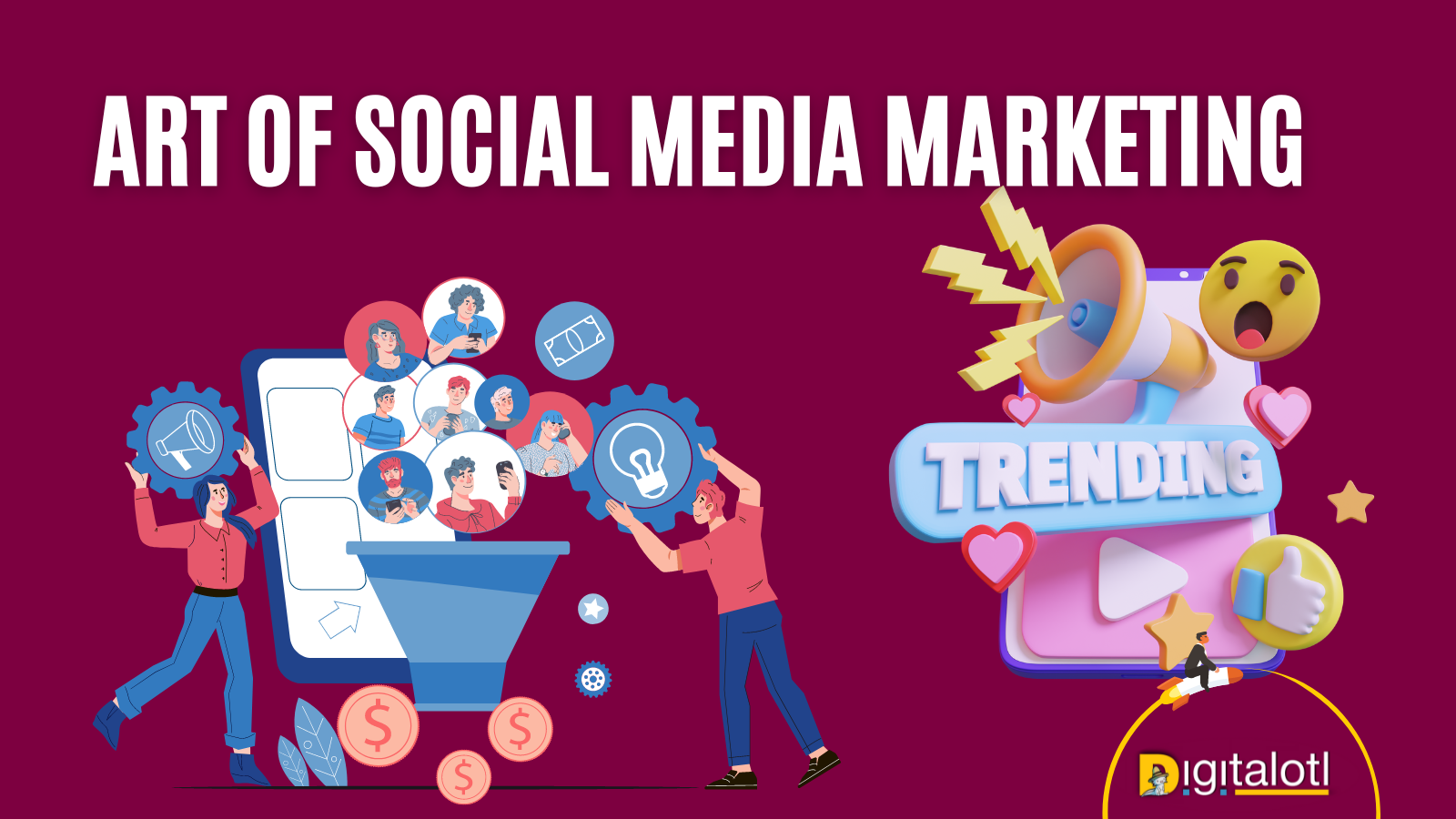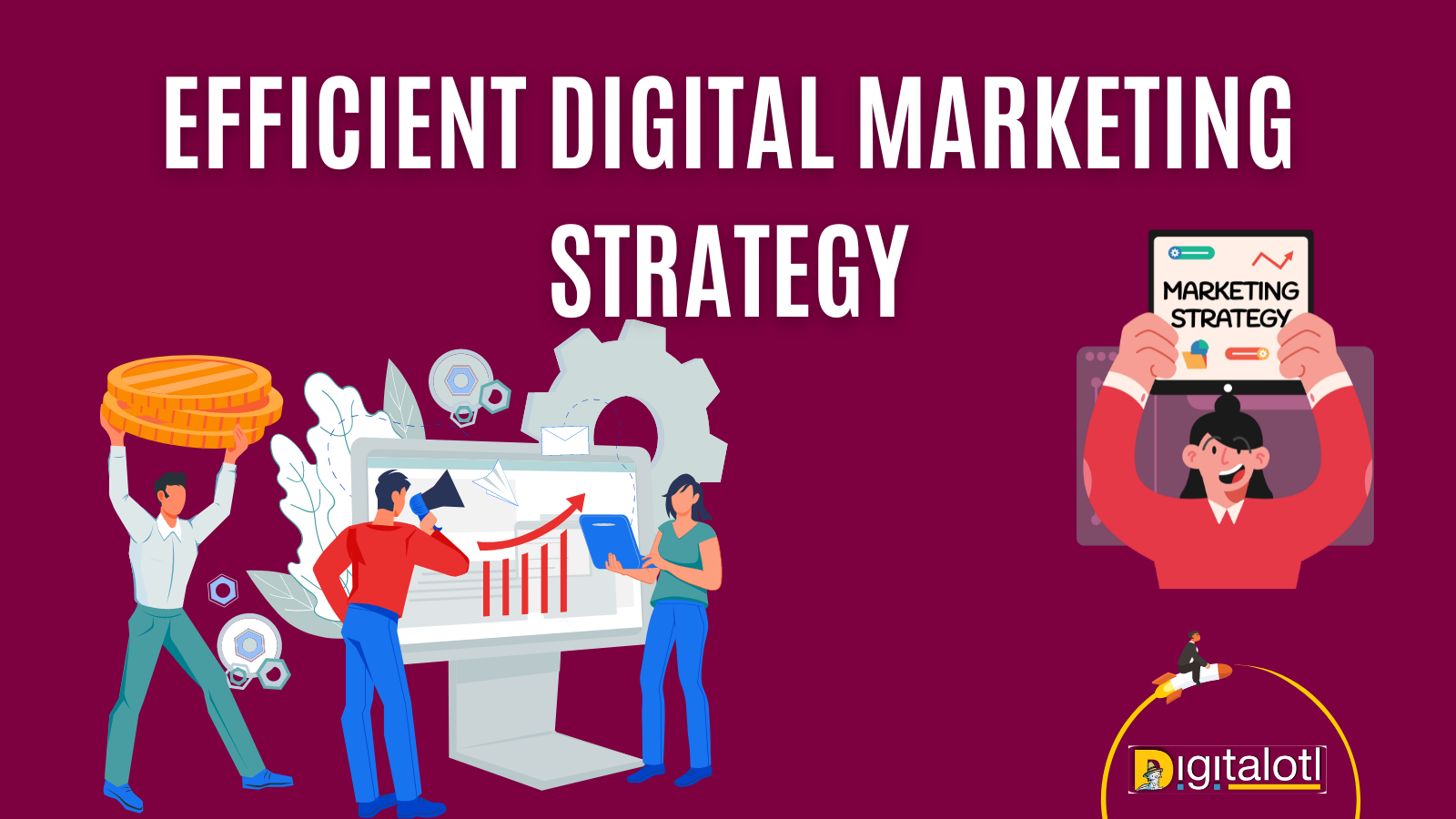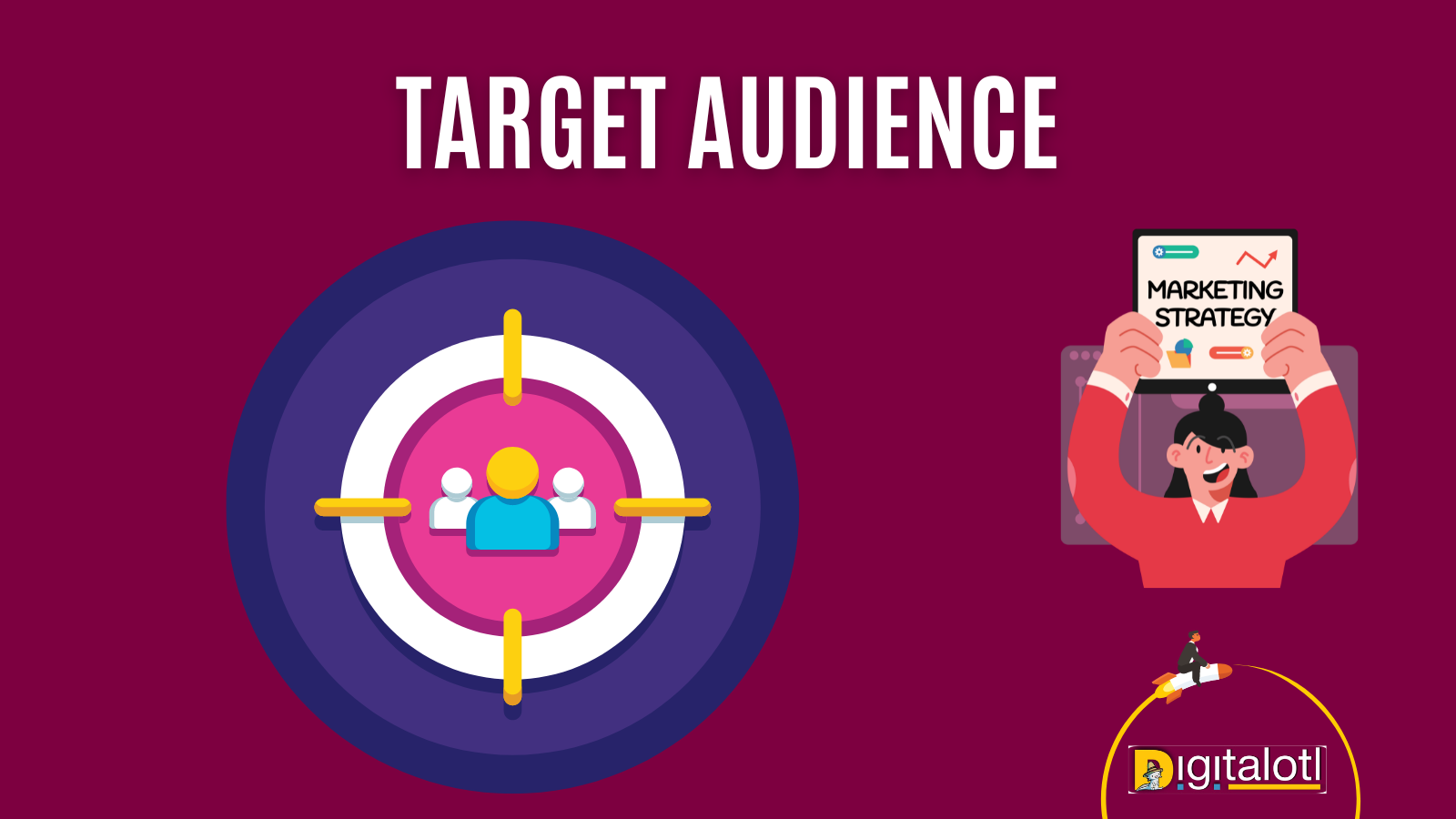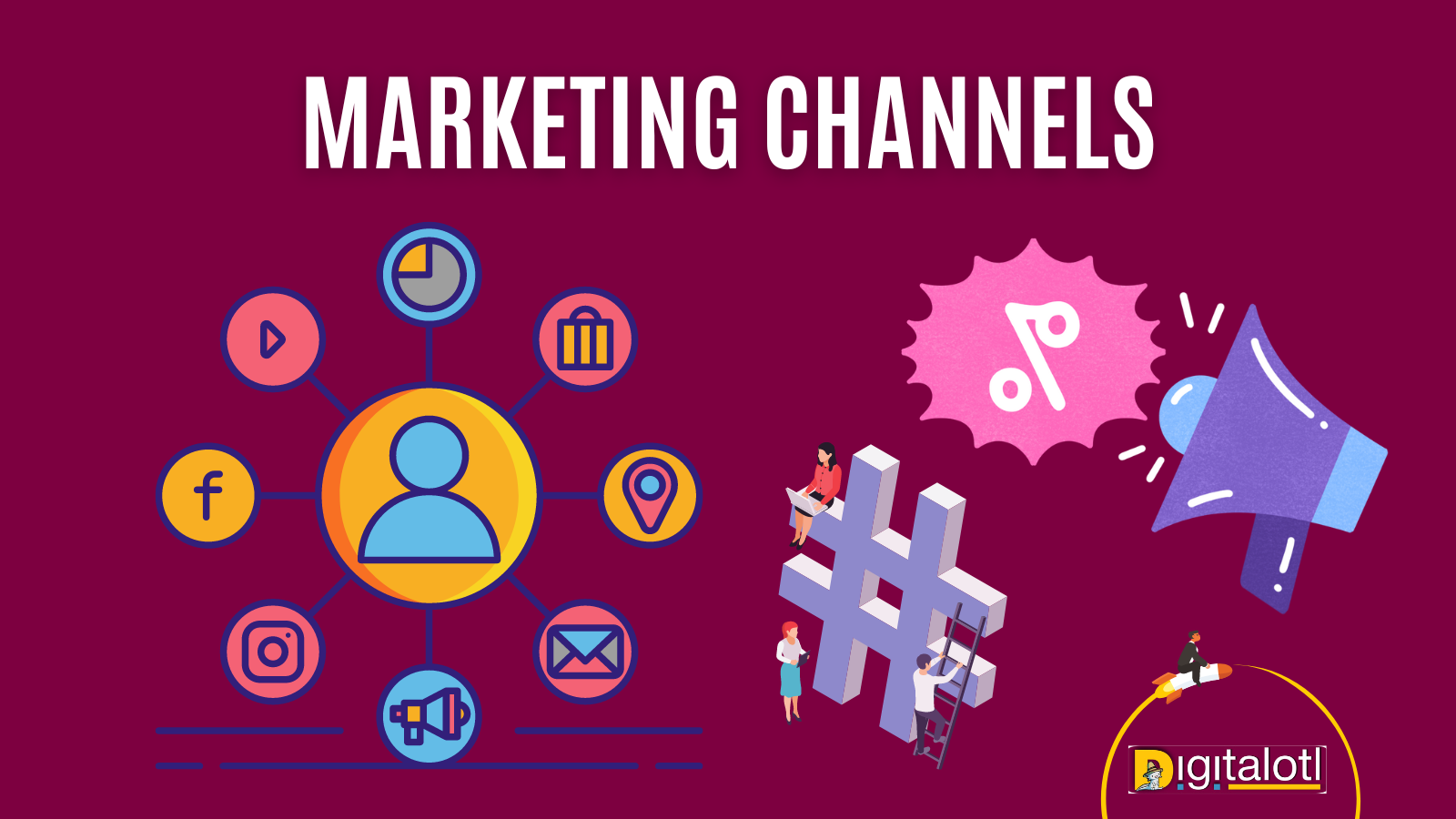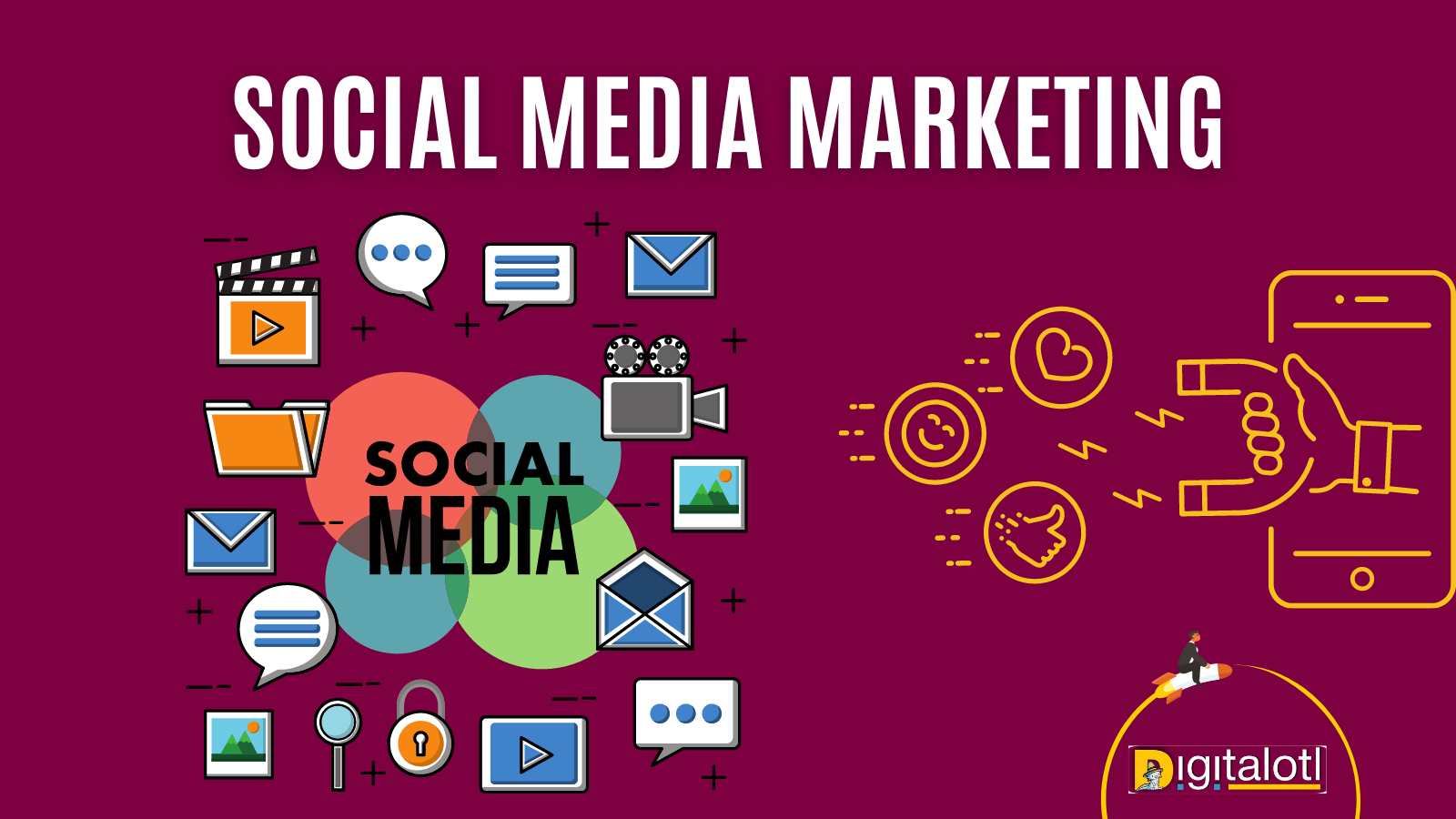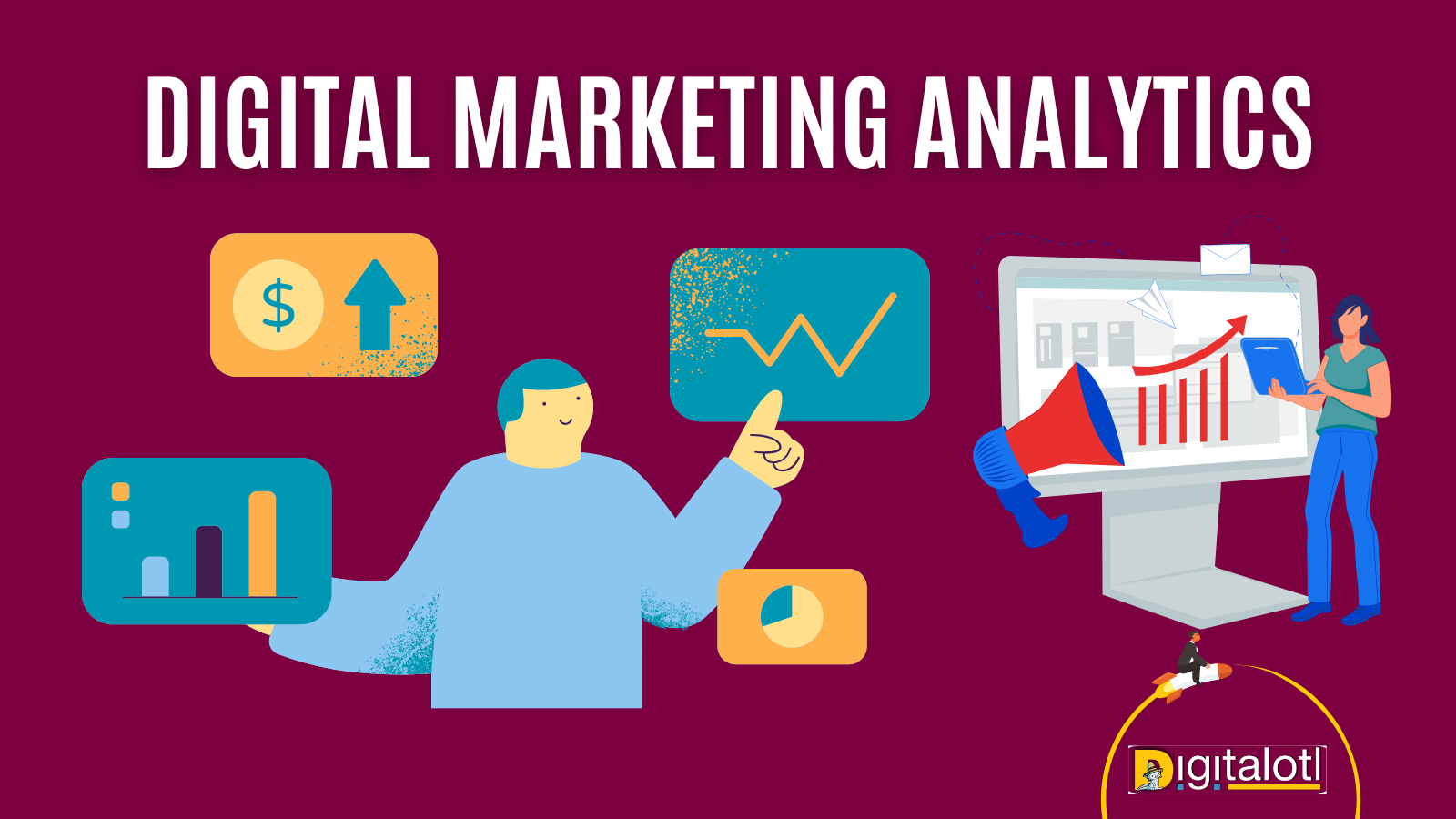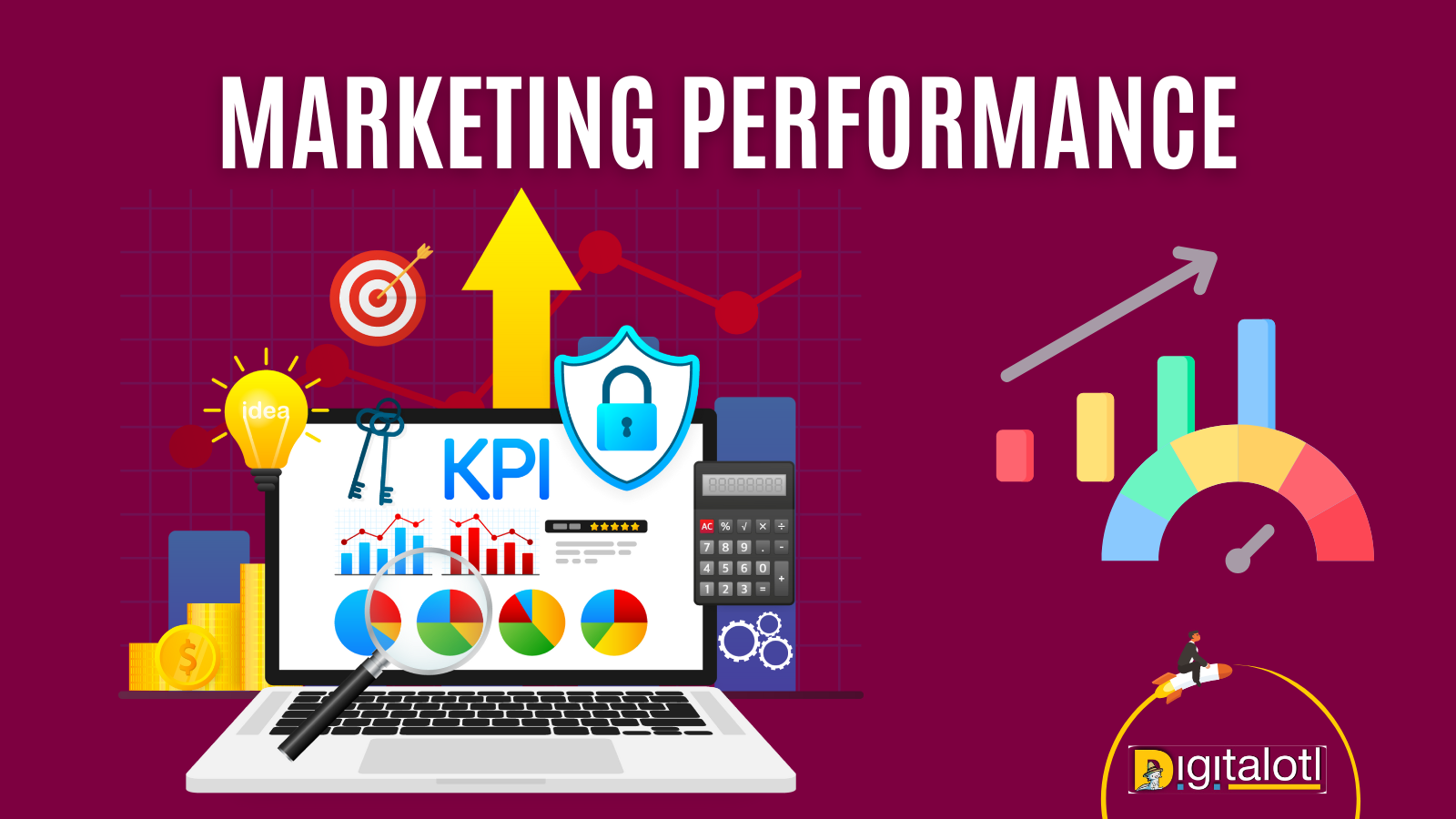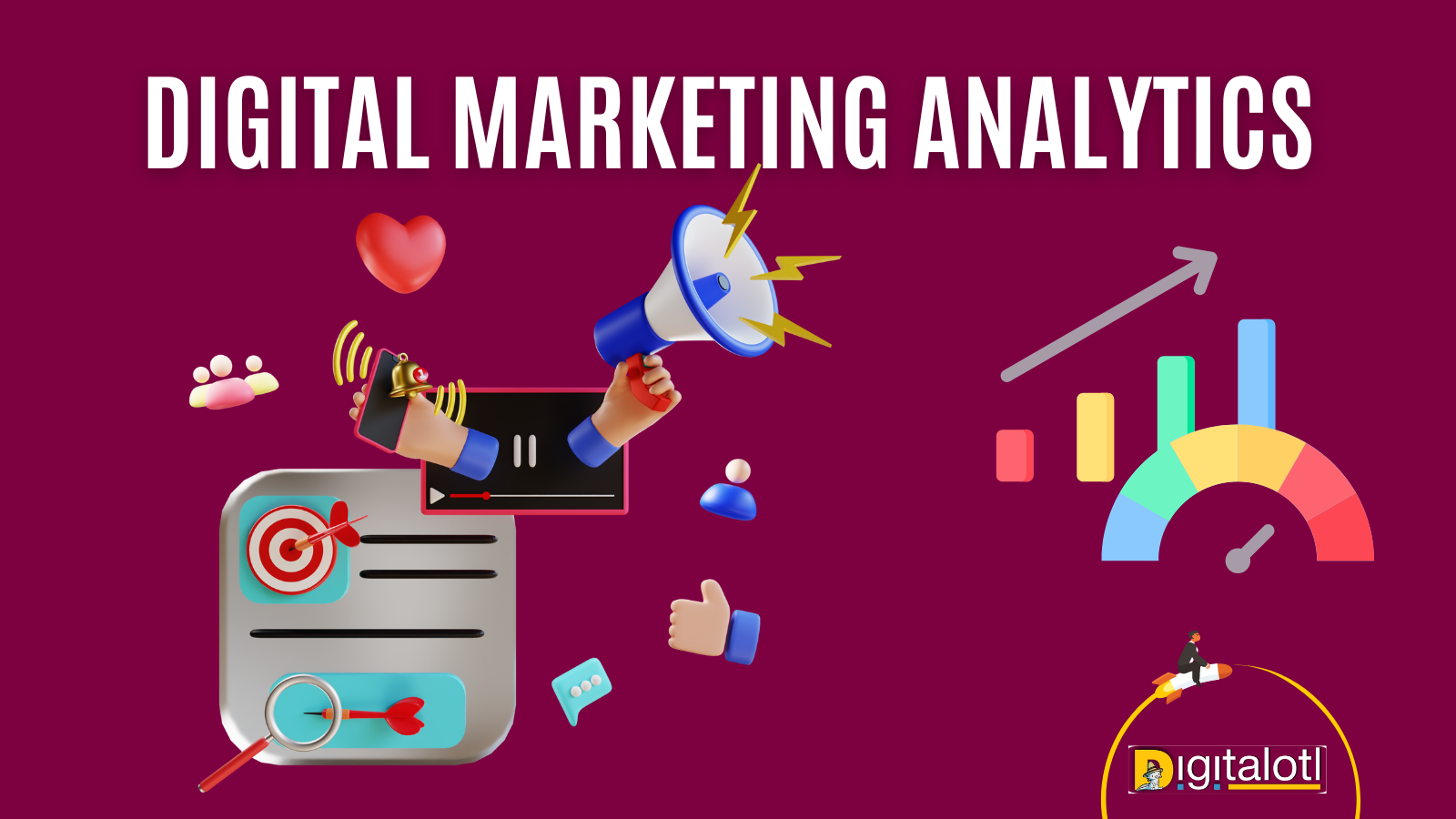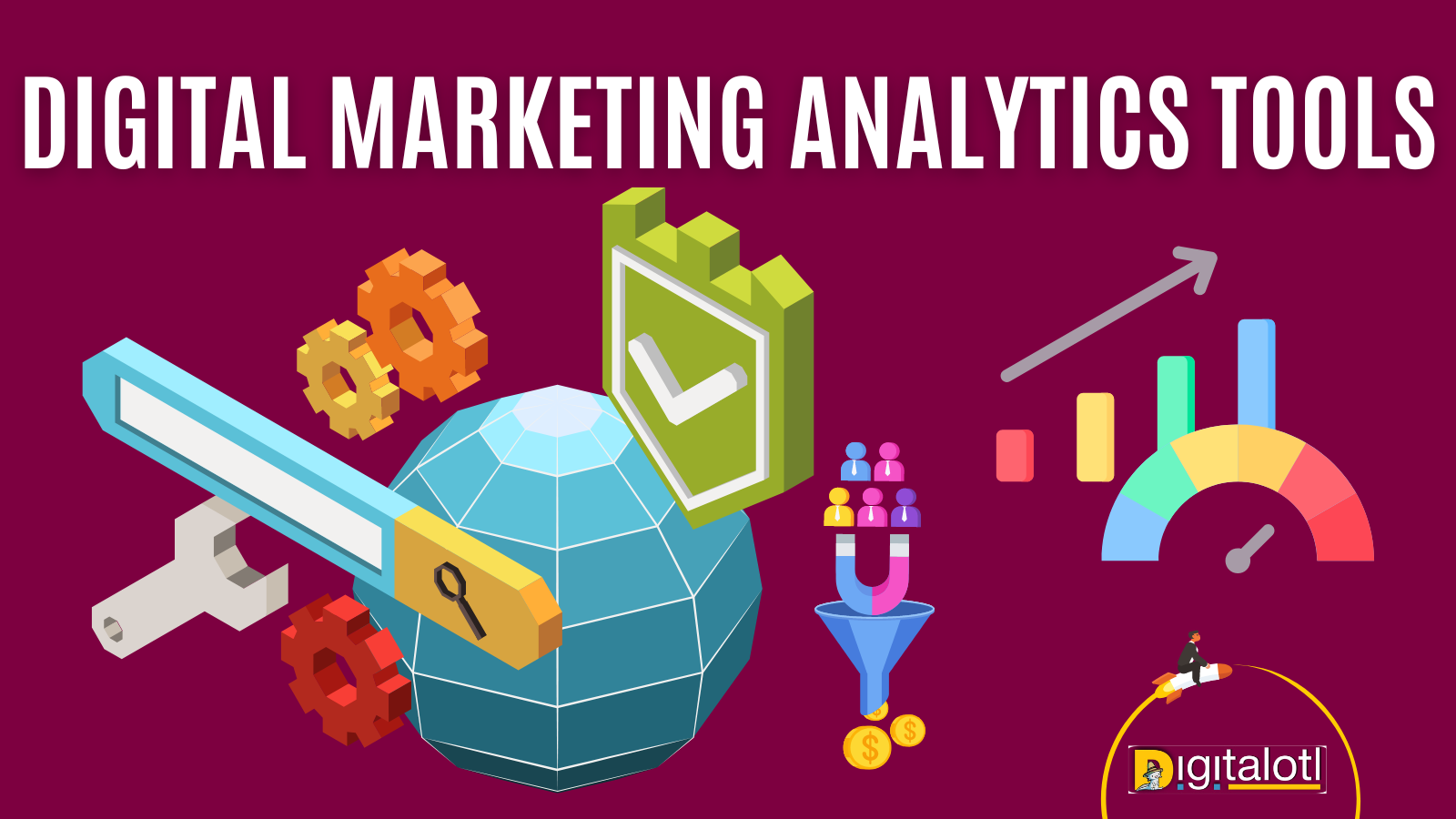Social media has become an indispensable aspect of our lives in the rapidly evolving digital landscape of today. This technological advancement has revolutionized our methods of communication, connection, and information sharing. Businesses have recognized the immense potential of social media platforms for reaching and engaging with their target audience. As a proficient SEO and high-end copywriter, we understand the power of captivating content that not only resonates with users but also outranks other websites. In this article, we delve into the art of social media marketing, exploring digital marketing strategies to effectively engage and convert your audience.
Table of contents
- Understanding Your Audience: The Key to Success
- Creating Compelling Content: Captivating Hearts and Minds
- Crafting Irresistible Headlines: Grabbing Attention from the Get-Go
- Leveraging Influencer Marketing: Harnessing the Power of Influence
- Engagement Strategies: Fostering Meaningful Connections
- Consistency is Key: Maintaining a Strong Presence
- Harnessing the Power of Analytics: Data-Driven Decision Making
- Integrating Call-to-Action: Driving Conversions
- Staying Ahead of Trends: Embracing Innovation
- Conclusion
- Frequently Asked Questions (FAQs)
Understanding Your Audience: The Key to Success
To excel in social media marketing, it is crucial to understand your audience inside out. You need to identify their preferences, interests, and pain points. Conducting thorough market research and audience analysis will provide invaluable insights into their needs and desires. By tailoring your content to cater to their specific interests, you can establish a strong connection and increase engagement.
Creating Compelling Content: Captivating Hearts and Minds
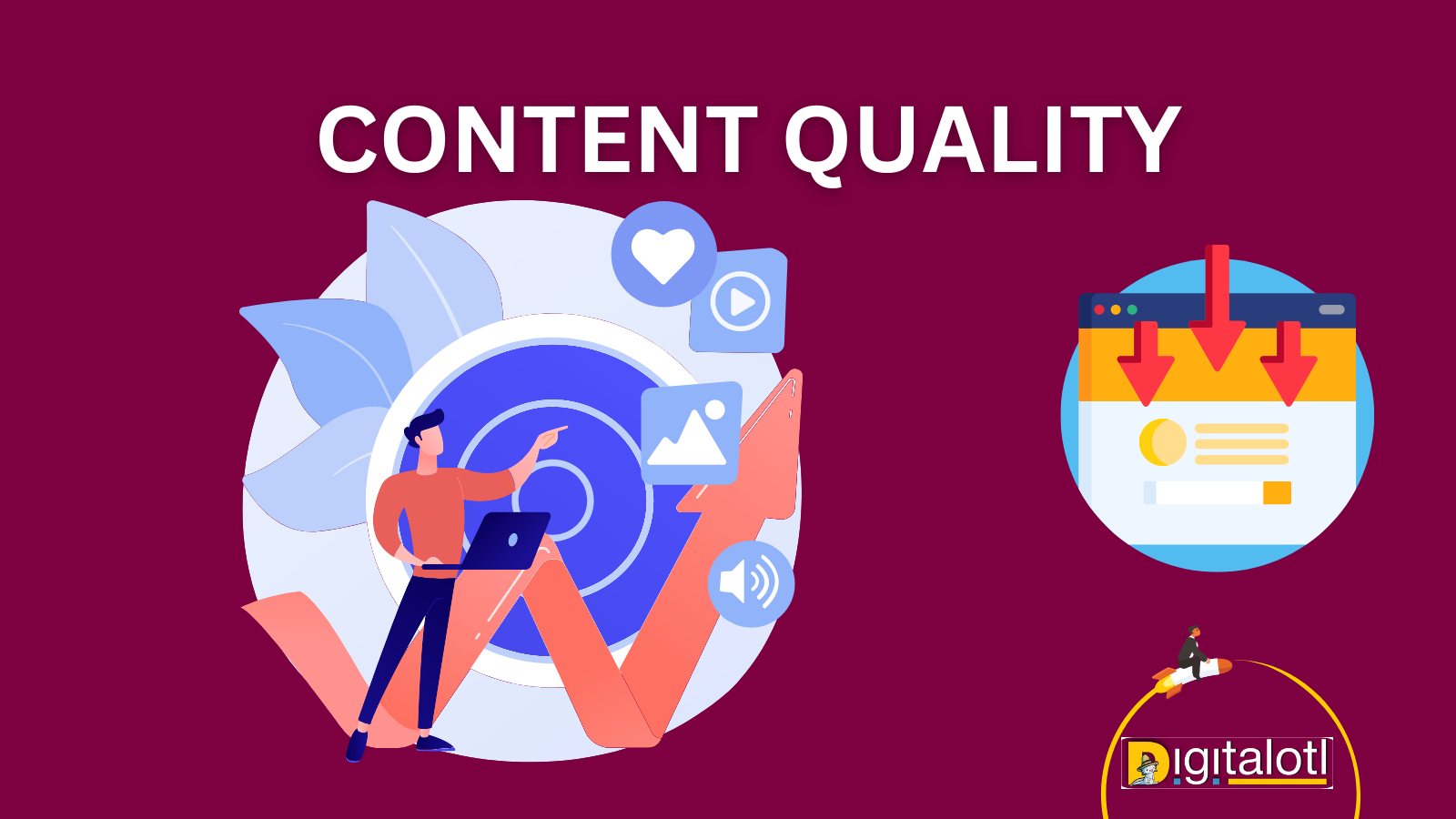
In the realm of social media marketing, compelling content reigns supreme and holds the key to success.. Creating compelling and valuable content is essential for engaging your audience and driving conversions. Craft each piece of content with precision, making it informative, entertaining, and shareable. Use visually appealing images, videos, and infographics to grab attention and convey your message effectively.
Crafting Irresistible Headlines: Grabbing Attention from the Get-Go
The first impression is crucial when it comes to capturing the attention of social media users. Craft irresistible headlines that are concise, intriguing, and keyword-rich. A captivating headline will entice users to click and explore further. Remember, the primary goal is to outrank competing websites and attract more organic traffic.
Leveraging Influencer Marketing: Harnessing the Power of Influence
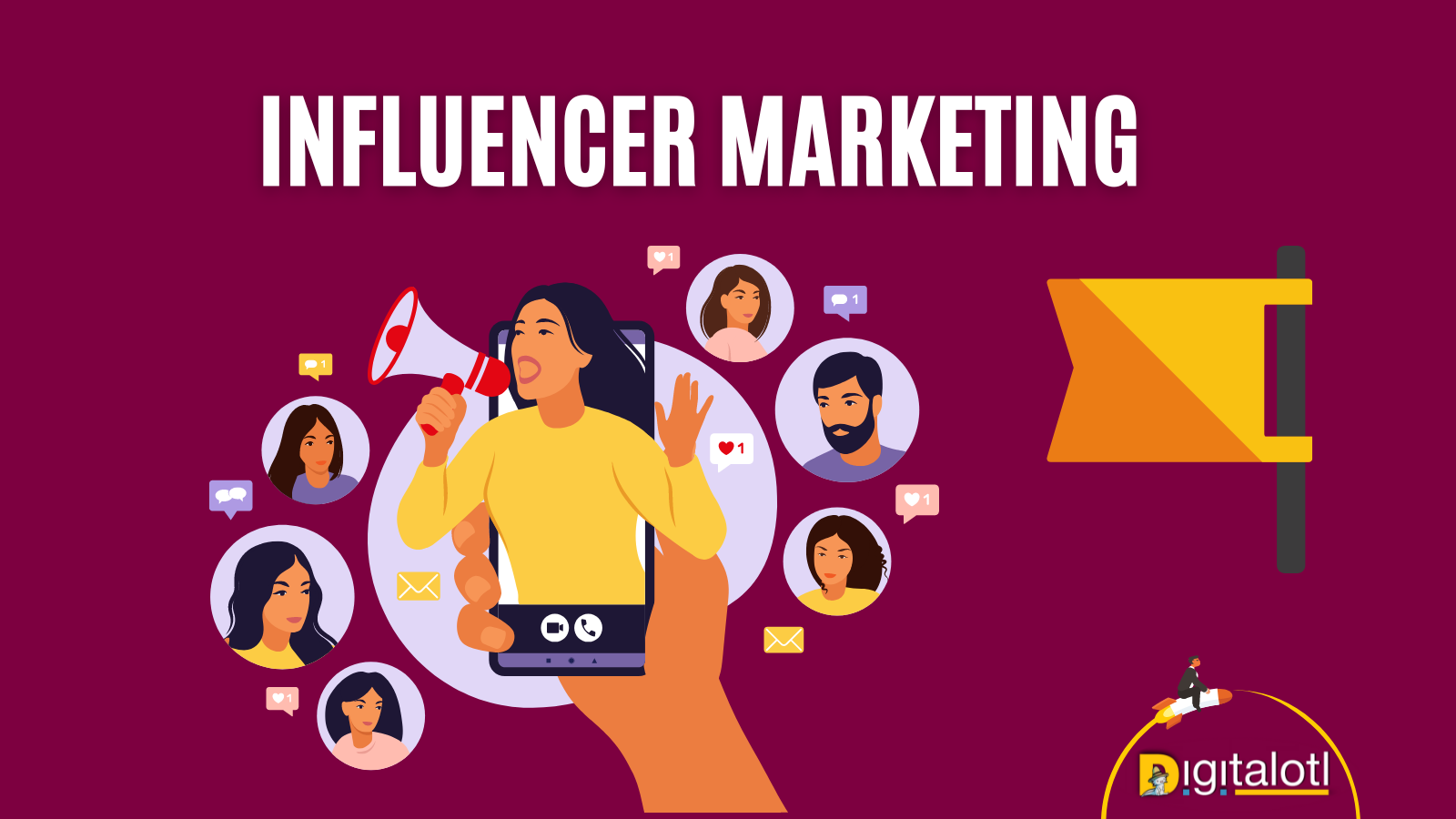
Influencer marketing has emerged as a powerful tool in the realm of social media. Collaborating with influencers who resonate with your brand values and target audience can significantly boost your reach and credibility. When influencers endorse your products or services, it creates a sense of trust and authenticity, leading to increased engagement and conversions.
Engagement Strategies: Fostering Meaningful Connections
To succeed in social media marketing, you need to foster meaningful connections with your audience. Proactively foster engagement with your audience by promptly addressing comments, messages, and mentions directed towards your brand. Encourage discussions, ask questions, and seek feedback. By showing genuine interest and providing timely responses, you can establish a loyal and engaged community around your brand.
Consistency is Key: Maintaining a Strong Presence
Maintaining a strong presence on social media platforms is vital for long-term success. Regularly post high-quality content that aligns with your brand voice and values. Develop a content calendar to ensure a consistent stream of engaging posts. By staying active and visible, you can increase your chances of outranking competing websites and remaining at the forefront of your audience’s minds.
Harnessing the Power of Analytics: Data-Driven Decision Making
Analytics play a pivotal role in social media marketing. Monitor and analyze your social media performance using robust analytics tools. Monitor essential performance indicators, including rates of engagement, click-throughs, and conversions, to gain valuable insights into the effectiveness of your social media marketing efforts.. By gaining insights into what works and what doesn’t, you can optimize your social media strategies and achieve better results.
Integrating Call-to-Action: Driving Conversions
Engaging your audience is essential, but ultimately, you want to drive conversions. Incorporate clear and compelling calls-to-action (CTAs) into your social media posts. Whether it’s directing users to your website, encouraging them to sign up for a newsletter, or making a purchase, CTAs guide users towards the desired action. Well-crafted CTAs can significantly impact your conversion rates.
Staying Ahead of Trends: Embracing Innovation
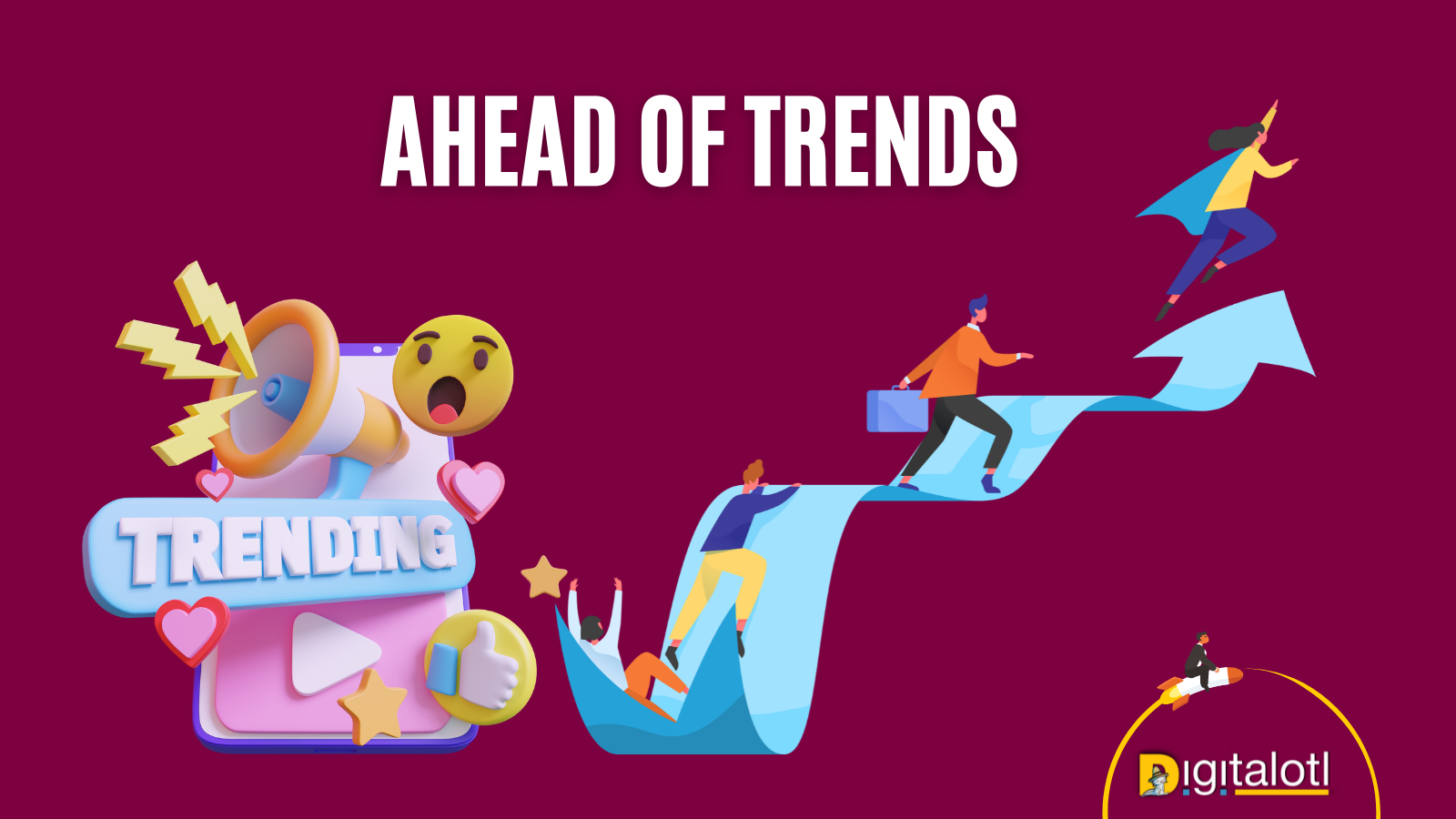
The world of social media is ever-evolving, with new trends and platforms emerging regularly. To stay ahead of the curve, be open to embracing innovation. Keep a keen eye on industry trends, experiment with new features and formats, and adapt your strategies accordingly. By being proactive and agile, you can maintain a competitive edge and outrank other websites in the dynamic digital landscape.
Conclusion
In conclusion, the art of social media marketing is a powerful tool that can enable businesses to engage and convert their target audience in today’s digital age. By understanding your audience, creating compelling content, leveraging influencers, fostering meaningful connections, and staying ahead of trends, you can establish a strong online presence and outrank other websites in search engine results.
Remember to consistently measure and analyze the success of your strategies using relevant metrics and adapt accordingly. Social media marketing offers immense potential for businesses to reach their goals, boost brand visibility, drive conversions, and ultimately thrive in the competitive digital landscape. Embrace the art of social media marketing, and unlock the endless possibilities it holds for your business’s success.
Frequently Asked Questions (FAQs)
Q1: What is social media marketing?
The concept of social media marketing encompasses utilizing various social media platforms as channels to effectively advertise and promote products, services, or brands. It involves creating and sharing compelling content to engage with a target audience and drive desired actions such as conversions, brand awareness, and customer loyalty.
Q2: Why is social media marketing important?
Social media marketing is essential because it allows businesses to connect directly with their target audience in a highly engaging and interactive manner. It offers a cost-effective way to build brand awareness, drive website traffic, foster customer relationships, and ultimately increase conversions and sales.
Q3: Which social media platforms should I focus on for marketing?
Determining the appropriate social media platforms relies on identifying your specific target audience and aligning them with your business objectives. It’s important to research and identify which platforms your audience actively uses. Among the well-known social media platforms are Facebook, Instagram, Twitter, LinkedIn, and YouTube, which have garnered substantial user bases. Tailor your strategy to the platforms where your target audience is most likely to be present.
Q4: How can I engage my audience on social media?
To engage your audience effectively, focus on creating valuable and compelling content that resonates with their interests and needs. Encourage discussions, ask questions, and respond to comments and messages promptly. Use visual elements such as images, videos, and infographics to enhance engagement. Building a community around your brand and fostering meaningful connections with your audience will encourage them to actively engage with your content.
Q5: What methods can I employ to gauge the effectiveness of my social media marketing efforts?
Measuring the success of your social media marketing efforts is crucial to understand the impact of your strategies and make data-driven decisions. Key performance indicators (KPIs) to consider include engagement rates (likes, comments, shares), reach, click-through rates, conversions, and return on investment (ROI). Utilize analytics tools provided by social media platforms or third-party software to track and analyze these metrics.
Q6: Should I collaborate with influencers for social media marketing?
Collaborating with influencers can be highly beneficial for social media marketing. Influencers have established credibility and a loyal following within specific niches. Partnering with influencers who align with your brand values and target audience can amplify your reach, increase brand visibility, and foster trust and authenticity. However, it’s important to choose influencers whose audience matches your target market and ensure that the partnership is mutually beneficial.
Q7: How often should I post on social media?
The frequency of your social media posts depends on various factors, including the platform, your audience’s behavior, and your resources. It’s important to maintain consistency in posting while avoiding overwhelming your audience. Develop a content calendar to plan and schedule your posts, taking into consideration the optimal posting times for each platform. Regularly analyze engagement metrics to determine the posting frequency that works best for your audience.
Q8: Can social media marketing help in driving conversions and sales?
Yes, social media marketing can be highly effective in driving conversions and sales. By strategically creating and promoting compelling content, leveraging targeted advertising campaigns, and incorporating clear calls-to-action, you can guide your audience towards desired actions such as making a purchase, signing up for a newsletter, or contacting your business. However, it’s important to track and analyze conversion metrics to optimize your strategies for better results.
Q9: How can I stay updated with the latest social media marketing trends?
Staying updated with the latest social media marketing trends is crucial for maintaining a competitive edge. Follow industry-leading blogs, websites, and social media marketing experts to stay informed about emerging trends and best practices. Participate in webinars, attend conferences, and join online communities to network with other professionals and exchange insights. Stay at the forefront of innovation by exploring novel features and formats offered by social media platforms, ensuring you remain ahead of the ever-evolving landscape.

